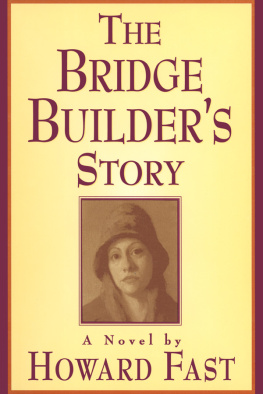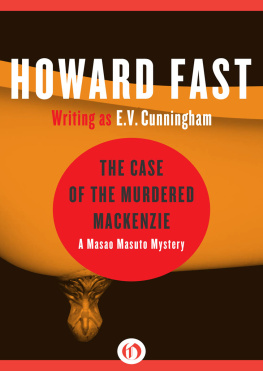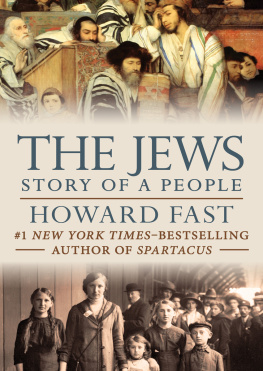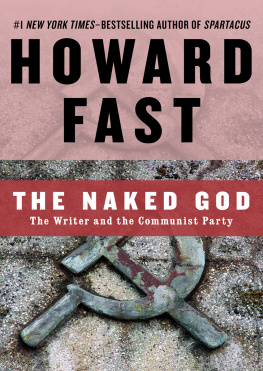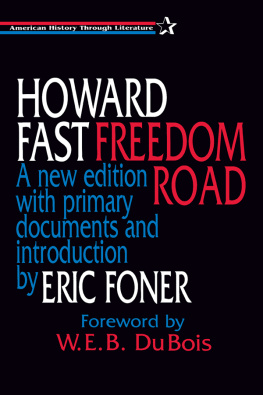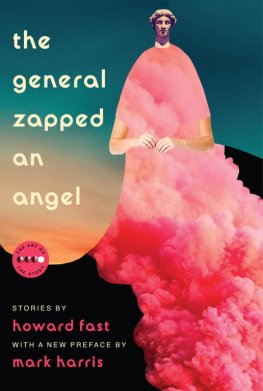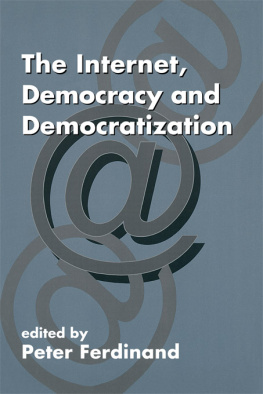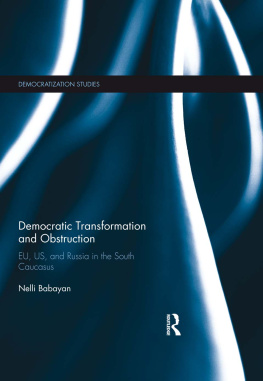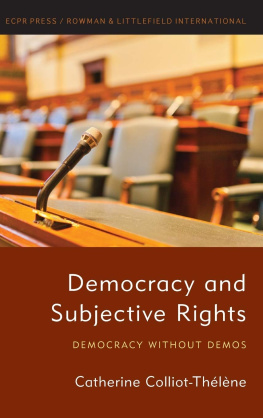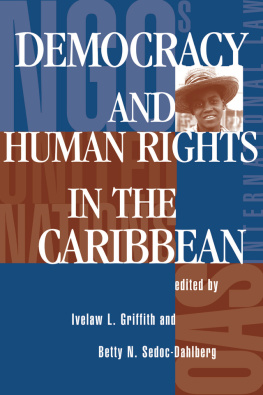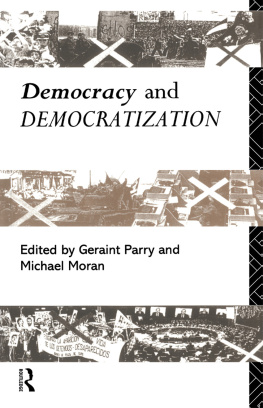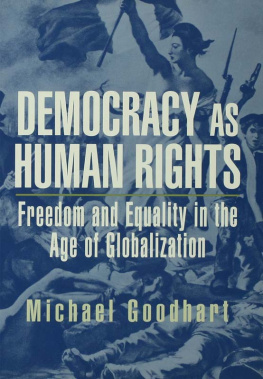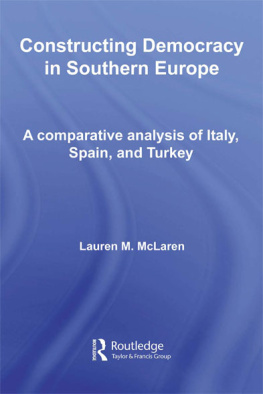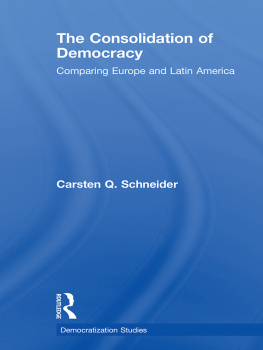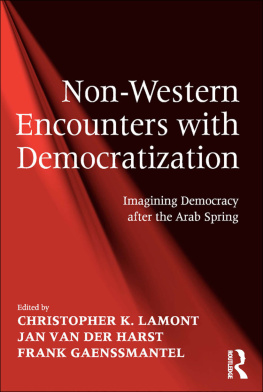First published 1995 by M.E. Sharpe
Published 2015 by Routledge
2 Park Square, Milton Park, Abingdon, Oxon OX14 4RN
711 Third Avenue, New York, NY 10017
Routledge is an imprint of the Taylor & Francis Group, an informa business
Copyright 1995 Howard Fast. All rights reserved.
No part of this book may be reprinted or reproduced or utilised in any form or by any electronic, mechanical, or other means, now known or hereafter invented, including photocopying and recording, or in any information storage or retrieval system, without permission in writing from the publishers.
Notices
No responsibility is assumed by the publisher for any injury and/or damage to persons or property as a matter of products liability, negligence or otherwise, or from any use of operation of any methods, products, instructions or ideas contained in the material herein.
Practitioners and researchers must always rely on their own experience and knowledge in evaluating and using any information, methods, compounds, or experiments described herein. In using such information or methods they should be mindful of their own safety and the safety of others, including parties for whom they have a professional responsibility.
Product or corporate names may be trademarks or registered trademarks, and are used only for identification and explanation without intent to infringe.
Library of Congress Cataloging-in-Publication Data
Fast, Howard, 1914
The Bridge builders story : a novel / Howard Fast.
p. cm.
ISBN 1-56324-691-0 (alk. paper)
I. Title.
PS3511.A784B75 1995
813.52dc20
95-11018
CIP
ISBN 13: 9781563246913 (hbk)
I
M y name is Scott Waring. On the sixth of May, 1939, I was married to Martha Pembroke. The wedding took place at ten oclock in the morning, and at four oclock on that same afternoon, we sailed to Europe on the Queen Mary. We left the ship at Cherbourg and took the boat train to Paris.
I put this down as a beginning. The beginning of a persons story is a matter of choice. You can start at birth, or even before birth; but when I think about it, I suppose my story really began when my grandfather gave me an automatic pistol on my sixteenth birthday.
I always felt that my grandfatherof whom I was quite fondwas a foolish old man, a colonel in World War One, with all sorts of notions that I rejected entirely; nevertheless, I accepted his gift, to my fathers displeasure.
The pistol was a Webley 30-calibre automatic, a beautifully machined gun, one of only two hundred manufactured, a line so high-priced that it was soon discontinued. I suppose I felt some kind of spurious manliness in possessing it. I never fired the gun.
When I married Martha, I had finished my junior year as an engineering student at the Massachusetts Institute of Technology. Martha had completed her second year at Wellesley College. We met the year before at an inter-college dance and fell madly in love. People held that we were well-suited to each other, and indeed we had come from similar backgrounds, upper middle class, well-to-do even during the depression years. Martha was one of two sisters; I myself have a sister a few years older. We had both been coddled, cared for, and loved; our lives were quite shelteredthat is, until our honeymoon trip to Europe. Martha was a tall, good-looking woman, blue-eyed, with naturally blond hair. My mother liked her, defining her as a sensible person, very high praise from my mother. As for myself, I am six feet in height, have brown hair and greenish eyes, and am a middling to fair athlete.
The crossing on the Queen Mary was quite wonderful. Handsome, well-to-do and personable young people have doors opened to them easily. We were seated at the captains table. At the evening dances, I had to struggle for a place on Marthas ticket, against a covey of handsome young British officers. That was a time when first-class passage on the Queen put an ultimate definition on luxury.
Beside Martha and myself and the captain, five others shared the big round table. There was a British couple, Sir Arthur Creel, and his wife, Lady Jane Creel, Franklin Holden, an American businessman, one of our largest plastic manufacturers, his wife, Libby, and finally, Wolf Horstmann, German consul-general in New York, on his way to join his wife in Paris for a holiday. I specify each of them because, having brooded over this, I feel that Horstmanns presence and the conversations around that dinner table had a good deal to do with events that followed.
I must say that the captains table was an unusual treat for Martha and me. The captain, Ian MacGregor, was a delightful host. I learned that he always chose his table companions carefully. In this case, Holden had intentions of merging his business with a British plastics manufacturer, and Creel was an important figure in British politics. Horstmann, a handsome, personable man, was a diplomat of considerable importance, and I suppose that Martha and I were included both as window dressing and because my father had recently joined President Roosevelts staff as a special military advisor. All in all, the captains table seated a worldly and sophisticated group, that is, excepting Martha and myself.
There was one evening of conversation, the third night out, that I recall very well. By then, as happens on a trans-Atlantic crossingthat was before air travel took overreticence had broken down. First-class passengers were upper-class passengers, and in the world of dinner jackets and manners, a tribal intimacy prevailed. Holden and Creel had exchanged some thoughts about the possibility that England would not be drawn into a European conflict, and Horstmann expressed a belief that there would be no European war.

